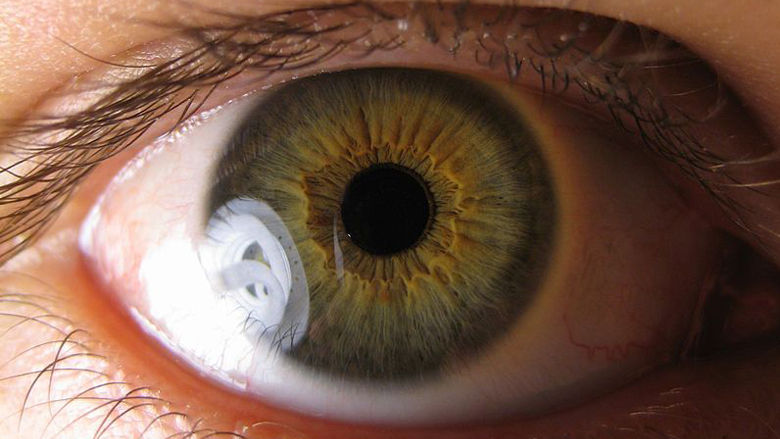Stem Cell Therapy for Liver Disease: A Regenerative Approach
- Stem Cell Care India
- Nov 24, 2024
- 1 min read
Millions of people worldwide suffer from liver disease, which causes serious health problems, including cirrhosis, hepatitis, and liver failure. Although they seldom deal with the underlying harm, traditional therapies usually seek to control symptoms or slow down disease development. Stem cell Treatment for Liver Disease is emerging as a viable alternative with the ability to rebuild injured liver tissue and restore its function.

How Stem Cell Therapy Treats Liver Disease
Using specialised cells capable of differentiating into liver cells (hepatocytes) and healing damaged tissue, stem cell treatment is These stem cells may lower inflammation, stop fibrosis—scarring—and boost the liver's inherent capacity for healing.
Commonly utilised in liver therapies, mesenchymal stem cells (MSCs) produce growth factors and anti-inflammatory chemicals, enhancing liver function and slowing disease development. With the treatment, which seeks to regenerate the liver at a cellular level, patients suffering from acute or chronic liver diseases hope.
Main Advantages of Stem Cell Therapy
· Stem cells specifically target damaged areas, therefore encouraging the creation of healthy liver cells.
· Comparatively to liver transplantation, non-invasive alternative offers a less intrusive choice.
· Patients might report fewer symptoms, greater liver function, and fewer problems.
· Stem cell treatment may stop or slow disease development by tackling the underlying causes of harm.
Conclusion
Although Stem cell Treatment for Liver Disease is currently under clinical testing, the outcomes are encouraging. Wider acceptance in liver disease therapy is made possible by researchers constantly improving methods to guarantee safety and increase effectiveness.





Comments